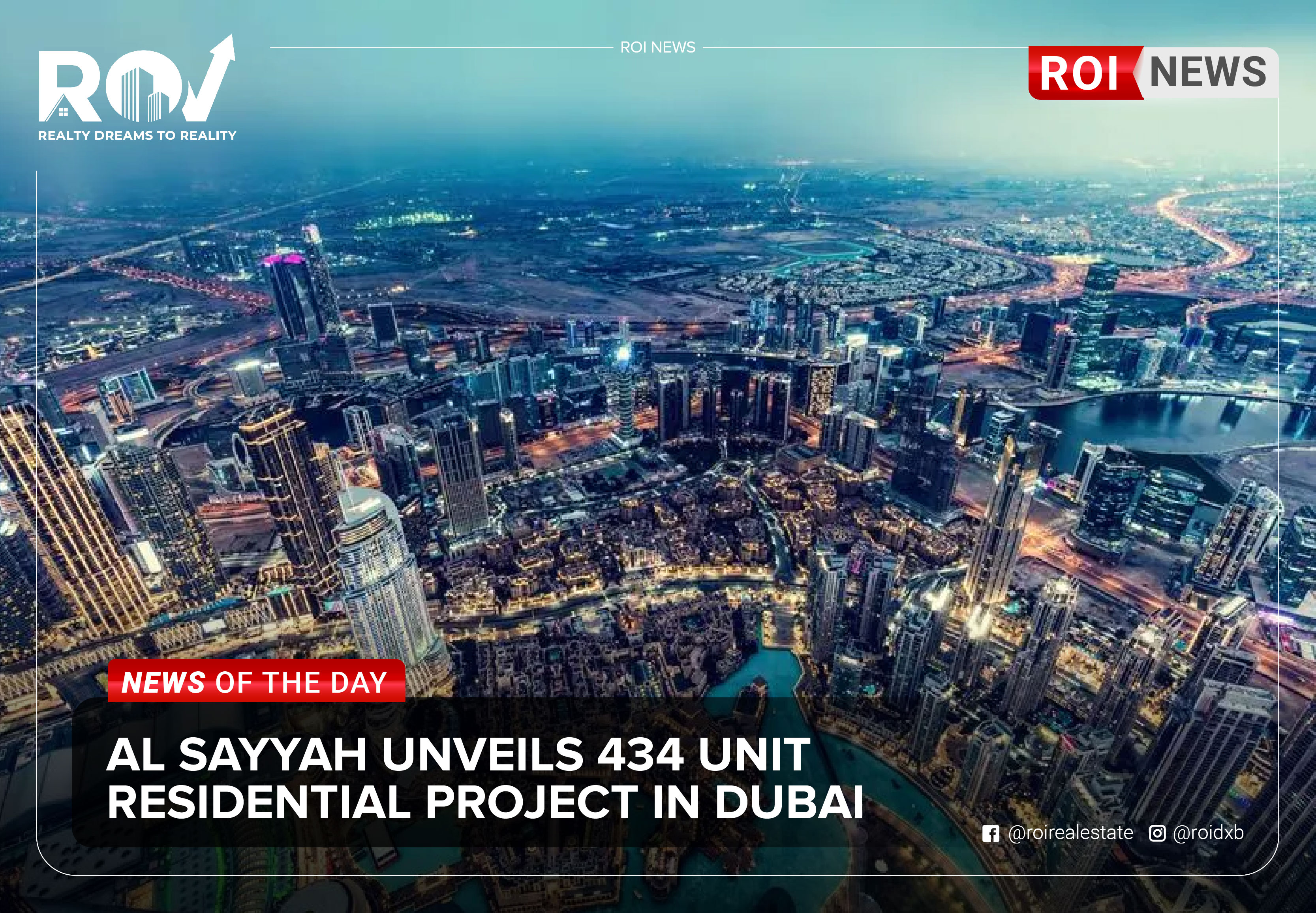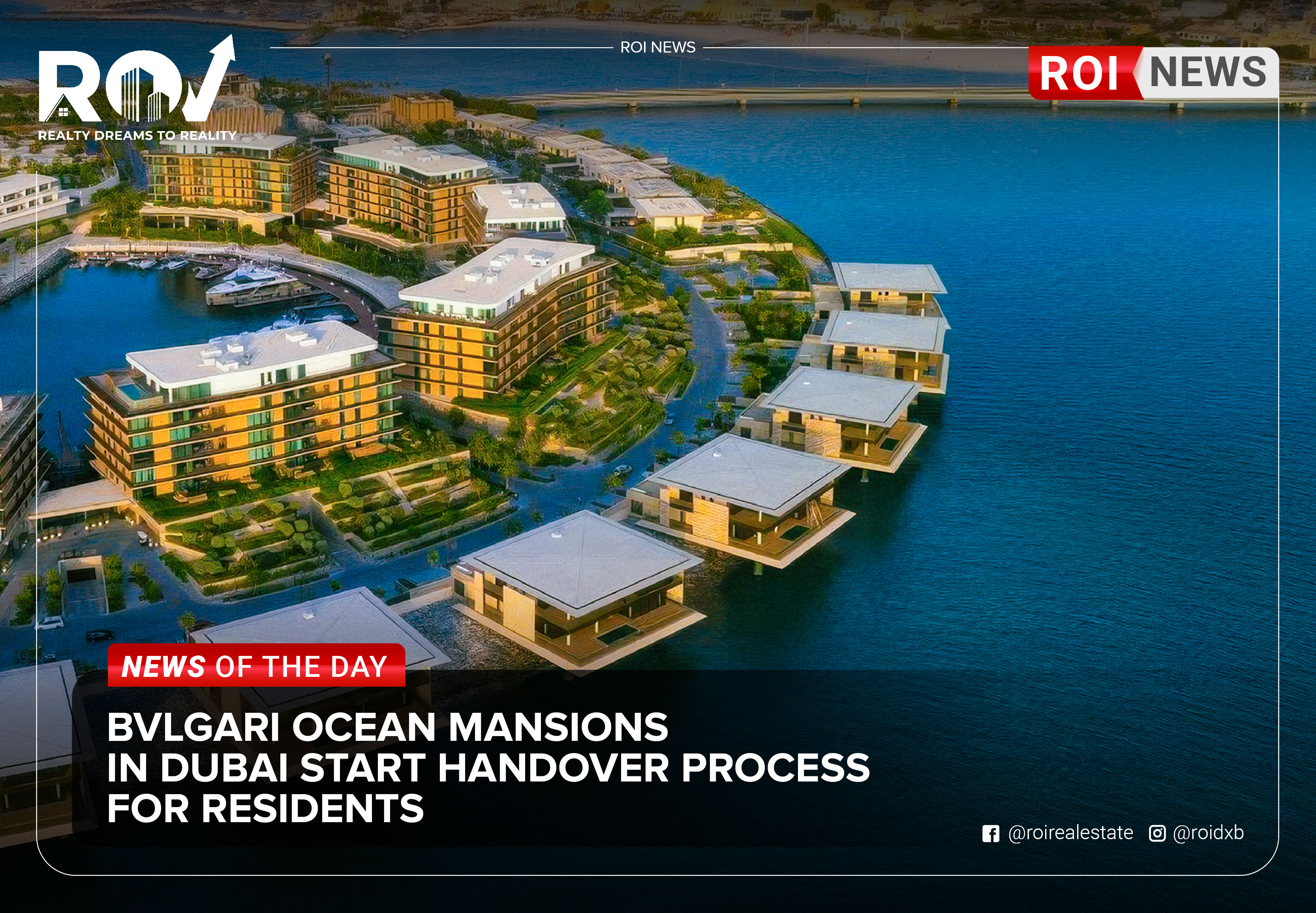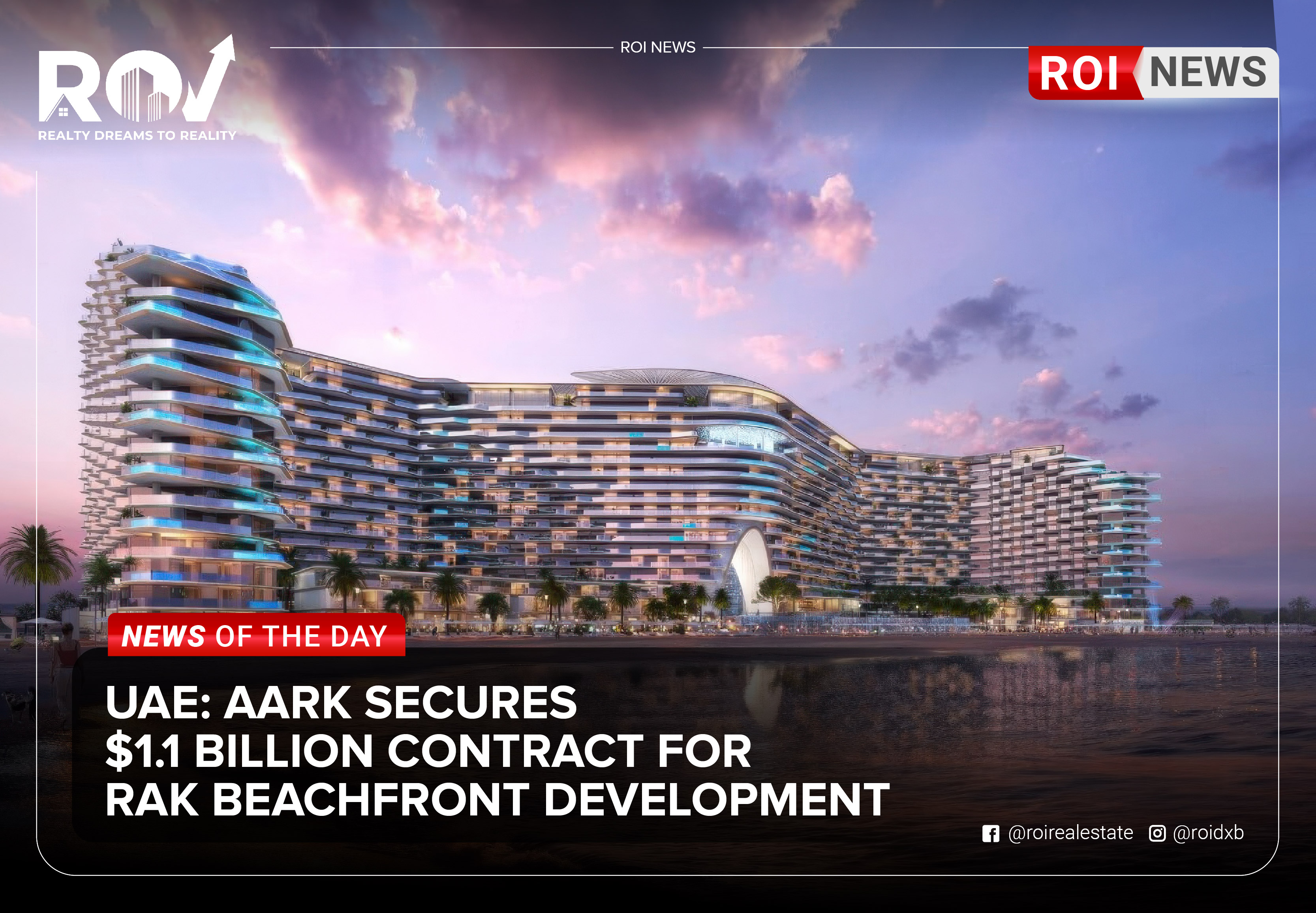
New RERA Rule Ensures Transparency in Property Searches for Investing in Dubai Real Estate
The Real Estate Regulatory Authority of Dubai, or RERA, has taken strong action against deceptive online real estate advertisements, which is a big change for the real estate market in the city.
Up to 40% less real estate sales advertisements are anticipated on the various real estate portals as a result of the new RERA policy. This action aims to stop agents from mass-promoting individual units by using developers’ No Objection Certificates improperly, which has led to an overabundance of listings on digital platforms.
About half of the current online property rental advertisements are about to disappear with the launch of the digital form A, the official advertising permit for rental properties. This enforcement is a component of RERA’s larger plan to guarantee listings’ authenticity and transparency, expediting the decision-making process for tenants, buyers, and sellers.
First off, when there are fewer listings, interested parties are able to make better decisions because they won’t be confused about which advertisements are real and which are fake.
Second, fewer properties on the market may result in speedier transaction times, which might raise prices as demand exceeds supply.
RERA has made it clear that all online property advertisements must truthfully depict the real estate they are promoting, including all details like price and specifications. This strategy seeks to promote a more transparent and healthy market environment in addition to safeguarding consumers.
Real estate brokers and property portals frequently interpreted RERA’s advertising guidelines creatively despite the agency’s strict regulations. While this is advantageous for the revenue streams of the real estate portals, it also entails a complicated interplay of responsibilities among all market participants.
In this case, it’s critical to acknowledge the collective role rather than placing blame on any one individual or denying any role in the problem of inaccurate online real estate listings.
The consequences of permitting a multitude of less reliable property listings are varied and significant:
Some portals have had their reputations damaged by unavailable or incorrectly presented listings. A distorted view of the market supply that does not fairly reflect adherence to RERA regulations, with an apparent abundance of properties available for purchase or rental.
Developers may find discrepancies if they find that the prices listed for their properties do not correspond to their true valuations.
Reduced profits for real estate firms whose accurate listings are up against a plethora of other listings, some of which might not meet the legal requirements.
There is more competition for investors who are looking to sell or lease properties because there are listings that could outbid or outshine their offers.
Compared to those who might not adhere as strictly to these standards, real estate agents who diligently follow the guidelines set by the Dubai Land Department and RERA find themselves at a disadvantage.
The inability of market statistics and performance indicators to accurately reflect the true absorption rate of listed units has compromised their accuracy.
It becomes difficult to recognize true market trends, such as the absorption rate—the ratio of properties advertised to sold or transacted—or the time it takes for a property to sell. It’s possible that a sizable percentage of the listings don’t represent distinctive or fairly priced properties.
The real estate market in Dubai is full of opportunities, so we should put all of our effort and attention into making sure that it stays a reliable and dynamic environment for everyone, both now and in the future.








Comments (0)